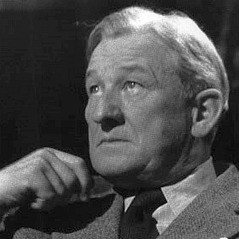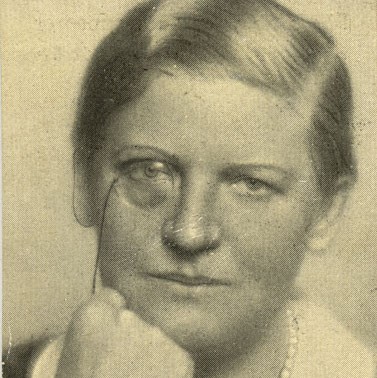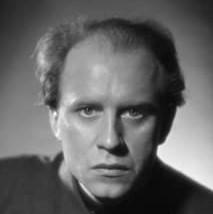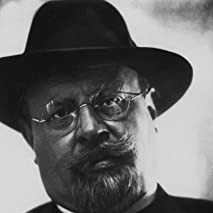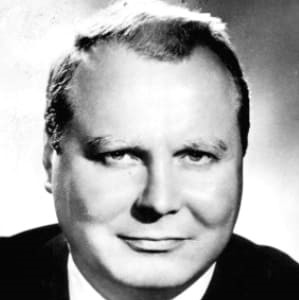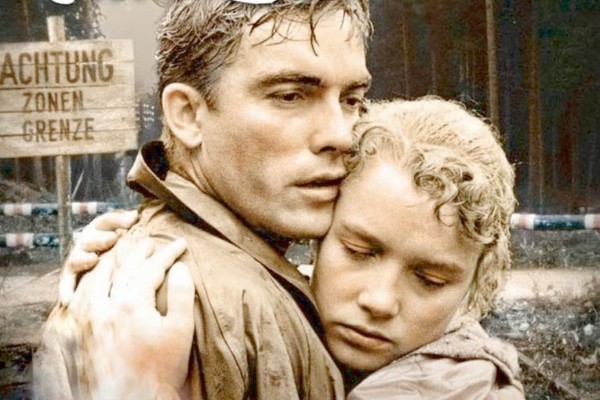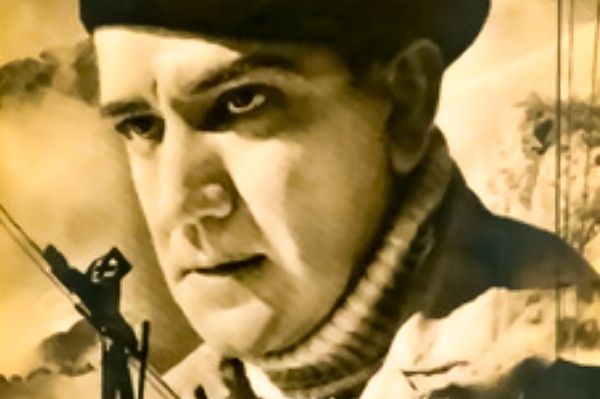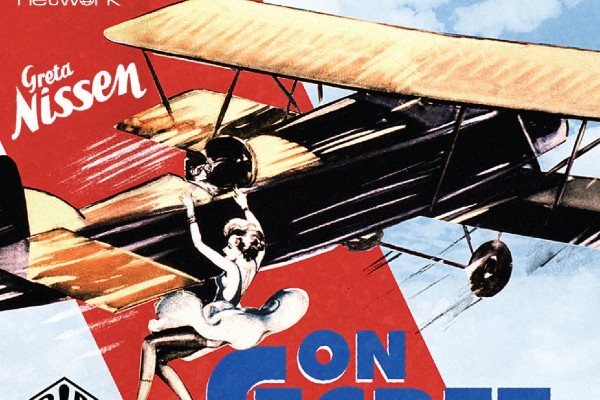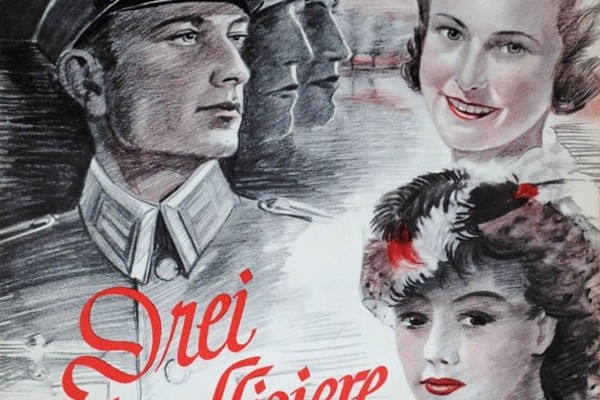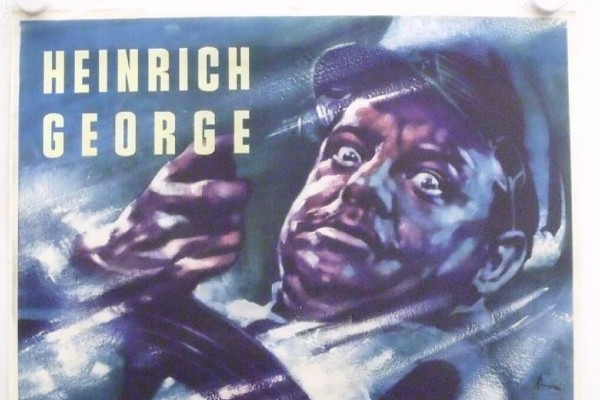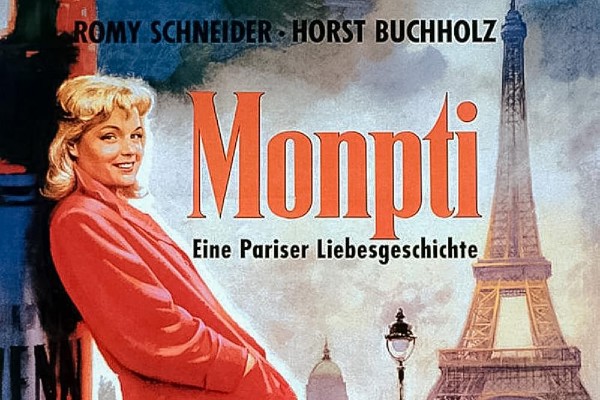
It’s a brilliant piece of film making. Emil Jannings plays a stout and resolute Kruger who fought as the head of his Boer people for the life of the two Boer Republics, his own Transvaal and the Orange Free State. Needless to say, Jannings’ performance is monumental as indeed it is intended to be. The scene where he resists being bribed by Rhodes is especially effective. The cast is superlative. Gustaf Grundgens as Joseph Chamberlain, Ferdinand Marian as a sinister, white-suited Cecil Rhodes, and Otto Wernicke as the camp commandment. There is a very touching performance by Gisela Uhlen as Kruger’s daughter-in-law.
The battle scenes and the scenes of the Boers mobilizing as a nation to fight tyranny from abroad are impressive from a technical standpoint. You’ll find yourself asking how in the world they were able to film some of the massive battle scenes when they were deep into WW2!
Anti-English propaganda in the film is taken too far and I believe it was a mistake from a political perspective. Brits are presented as violent and exploitative, and enemies to civilization. You don’t depict your Arian brothers like that. By the way, the term concentration camps was invented and applied by the British in that war.

